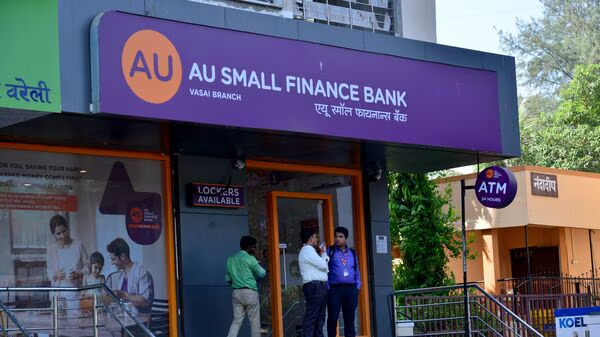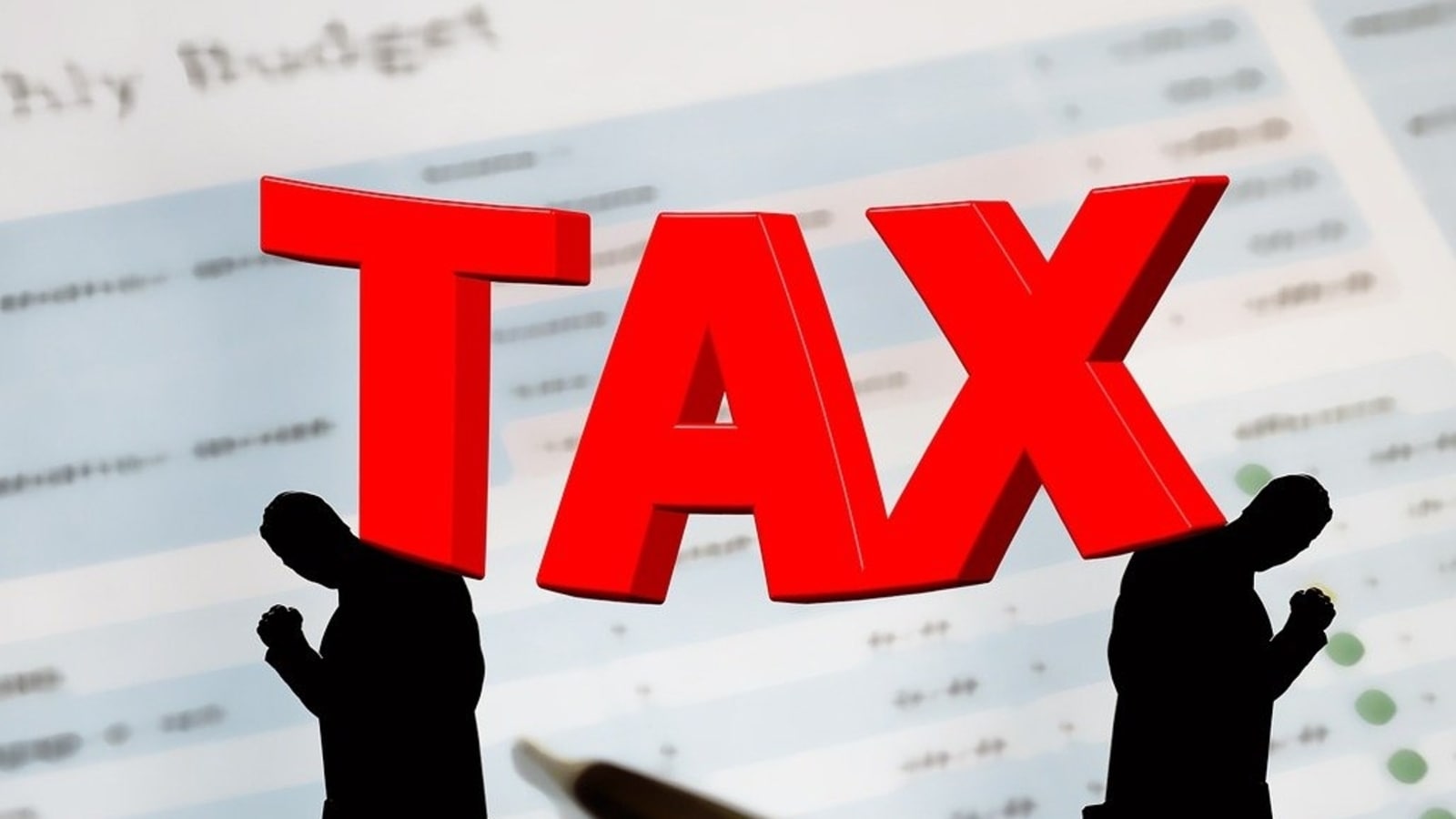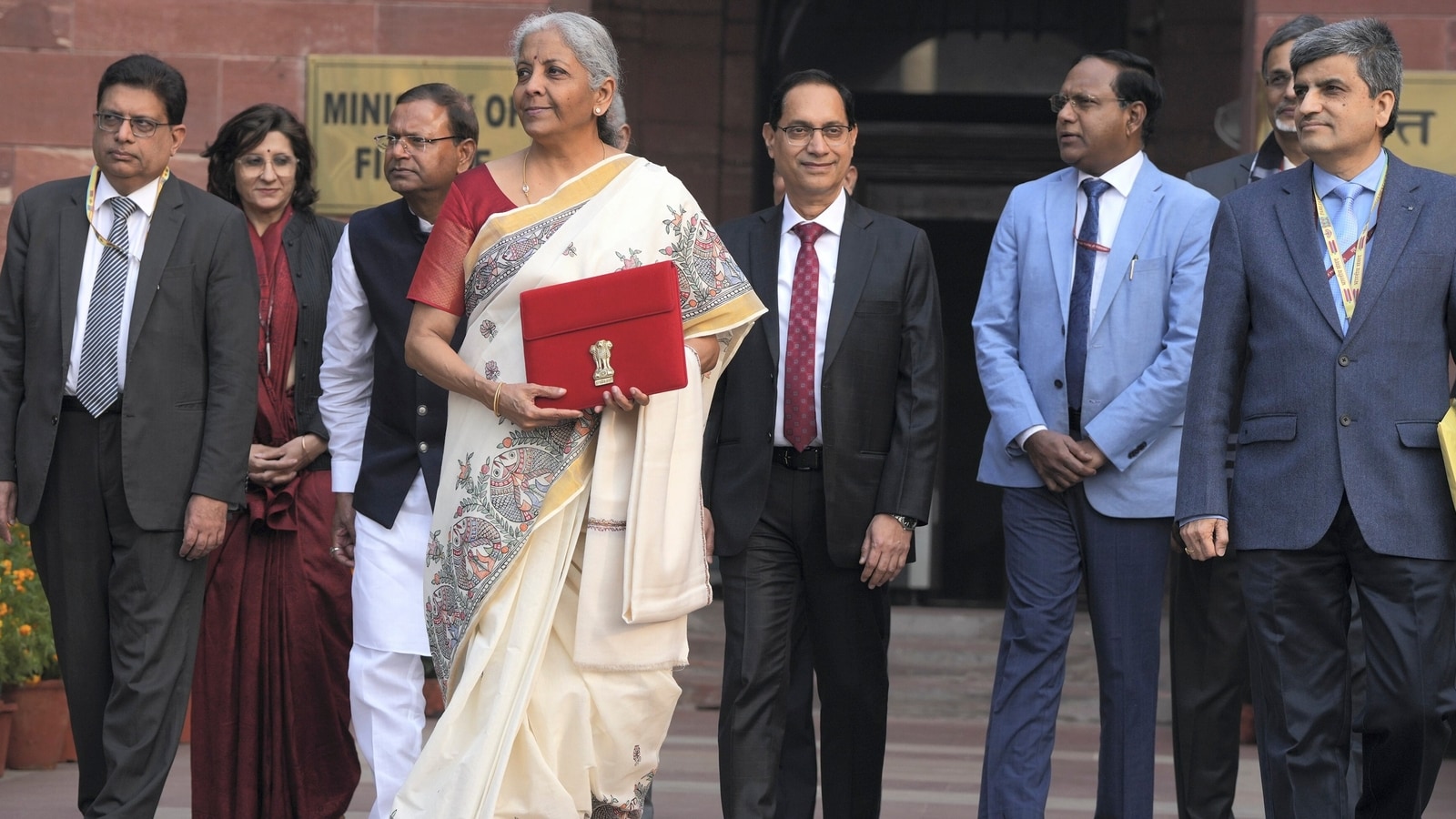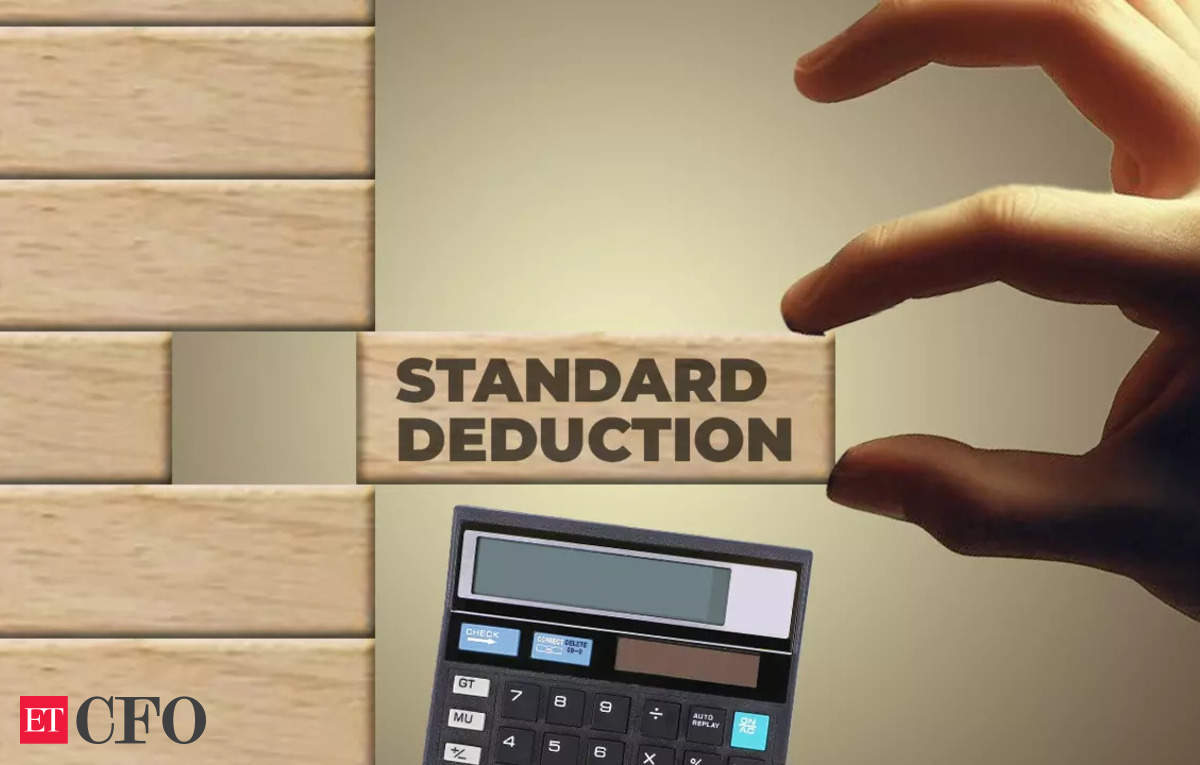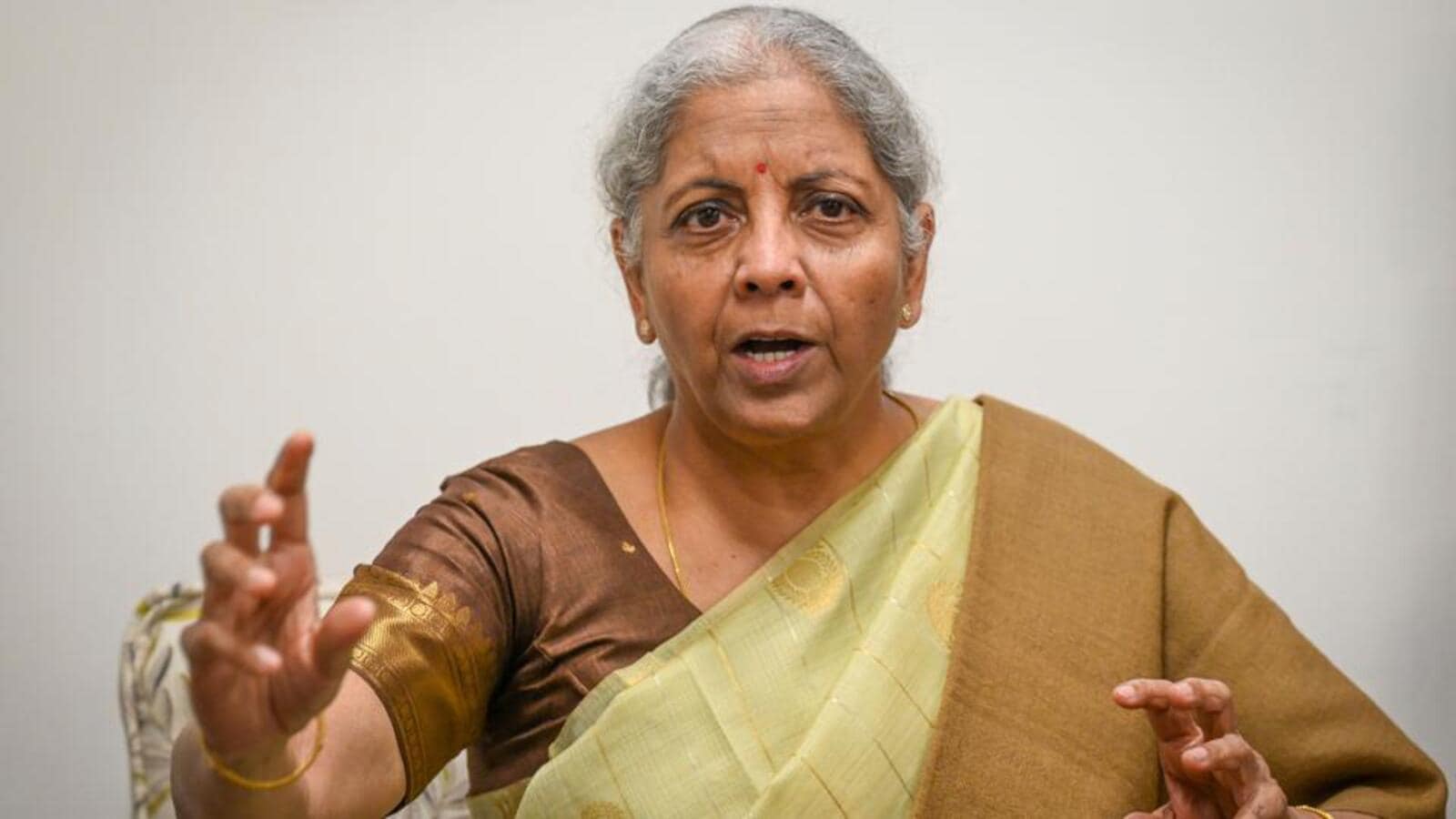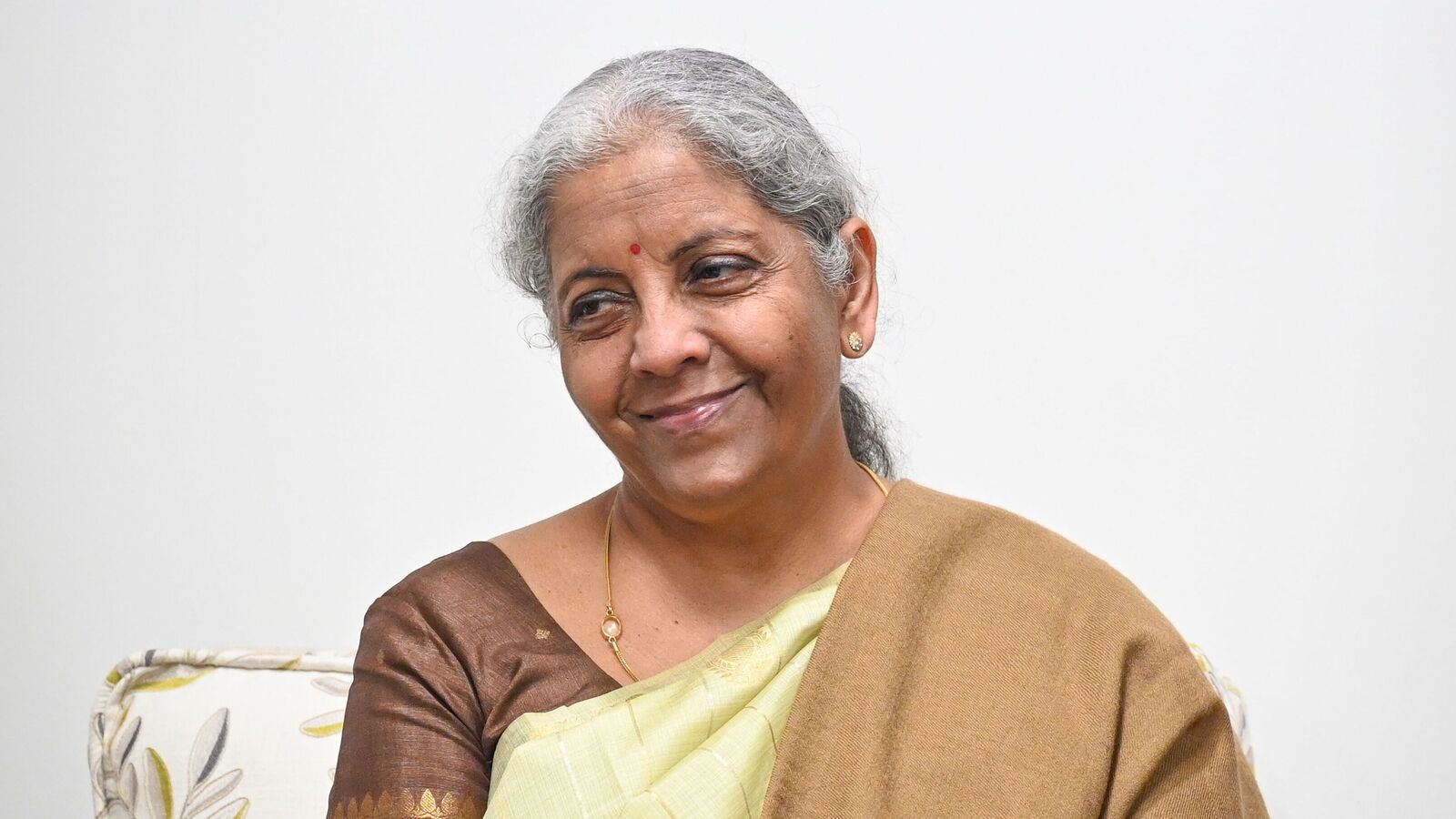The Reserve Bank of India announced new rules for the conversion small finance banks (SBFs) into universal banks on Friday, but it could be a year or two before an SBF applies for a universal banking licence.
That’s because AU Small Finance Bank, the only one of India’s 11 SFBs that currently meets all the criteria, is in the process of merging with Fincare SFB, which could take 9-12 months.
Others such as Jana SFB, Capital SFB and Shivalik SFB don’t meet the RBI’s asset-quality criteria and will take at least a year or two to qualify. Jana SFB’s net non-performing asset (NNPA) ratio to total assets stood at 0.7% and Capital SFB’s at 1.53% at the end of the December quarter, while Shivalik SFB’s stood at 1.2% at the end of March 2023.
Uttam Tibrewal, executive director & deputy chief executive officer, AU SFB, said, “Prima facie it looks like we meet most of the criteria set out by the regulator. We are studying the circular in detail and will discuss the next course of action with our board soon. Currently, we are fully focused on ensuring a smooth integration with Fincare SFB and scaling our recently launched authorised dealer-I business of cross-border trade and forex for our customers.”
Anil Gupta, vice-president of ICRA, said, “Over time, many more SFBs may become eligible for conversion to universal banks, but they may continue to operate as SFBs, given their franchise. A mere conversion to a universal bank may not necessarily result in competitive deposit sourcing and hence their ability to move towards a better borrower profile and secured asset class. Once SFBs scale up and grow their franchise across the spectrum of customers, only then they will consider transitioning to a universal bank.”
Conditions
According to the RBI’s guidelines, only listed SFBs can qualify for a universal banking license. Those intending to convert must have a minimum net worth of ₹1,000 crore and a scheduled status with a satisfactory track record of at least five years.
They should also have been profitable, with gross non-performing assets of less than 3% and net non-performing assets of less than 1% in the previous two financial years. They must also meet the prescribed capital adequacy requirements and provide a detailed rationale for their transition.
Bankers, however, said a diversified loan portfolio was the RBI’s toughest condition. Banks such as Ujjvan SFB, Utkarsh SFB, Suryoday and ESAF have high exposure to microfinance loans, which will take at least two to three years to bring down.
While Equitas SFB’s loan book meets the diversification criteria, it reported an NNPA of 1.12% at the end of March 2024. This means it will be eligible to apply only in FY26, after reporting a lower NNPA for two financial years.
While SFBs are allowed to transition to universal banks after five years of operation under the existing rules, the new guidelines offer more clarity on what they need to do to quality for a licence.
“We are happy with these guidelines. RBI has kept its promise of coming out with the glide path. This will give more clarity in the minds of customers and new employees about the identity of these banks,” said a banker, who did not with to be named.
SFBs dislike ‘small finance’ tag
Mint reported in April that executives of SFBs had asked RBI to drop the “small finance” tag as they were finding it difficult to connect with customers to attract low-cost deposits.
According to RBI’s latest report on trends and progress in banking, 11 SFBs with 6,589 domestic branches are operational as of April 2024. The consolidated balance sheet of SFBs grew faster than that of scheduled commercial banks during FY23, notwithstanding some moderation during the year.
Visit www.cagurujiclasses.com for practical courses
